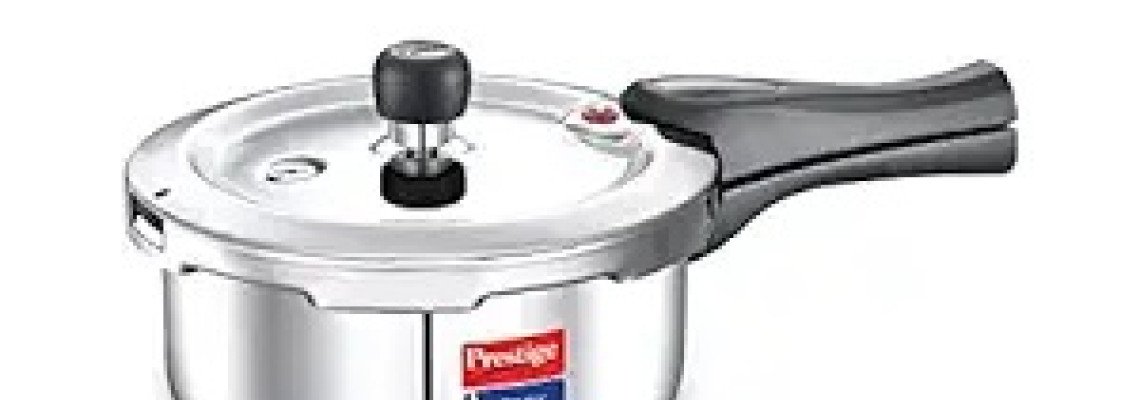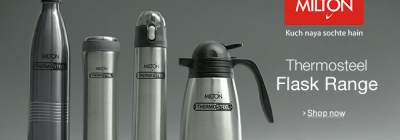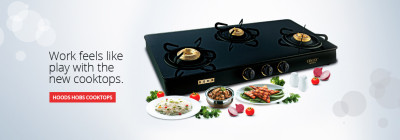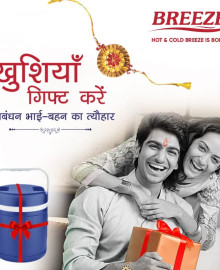
When it comes to modern kitchens, the pressure cooker is an essential tool that significantly reduces cooking time while delivering delicious results. However, not all pressure cookers are the same. Among the different types available, triply pressure cookers are gaining popularity for their superior performance and durability. But how do they compare to regular pressure cookers, and which one should you buy? Let’s dive into a detailed comparison to help you make an informed decision.
What Is a Triply Pressure Cooker?
A triply pressure cooker is made from three layers of metal bonded together—typically stainless steel on the outer layers and an aluminum or copper core sandwiched in between. This construction ensures optimal heat distribution, making cooking faster and more efficient. The aluminum or copper core helps retain and evenly distribute heat, while the stainless steel exterior provides durability, resistance to corrosion, and an attractive finish.
Key Features of Triply Pressure Cookers:
- Three-Layer Construction: Combines the heat-conductive properties of aluminum/copper with the sturdiness of stainless steel.
- Even Heat Distribution: Ensures no hot spots, preventing food from burning or sticking.
- Durability: Stainless steel exteriors make them long-lasting and resistant to rust.
- Energy Efficient: Cooks food faster and retains heat longer, reducing energy consumption.
What Is a Regular Pressure Cooker?
A regular pressure cooker is typically made from a single layer of metal, most commonly aluminum or stainless steel. It’s an affordable, functional option for everyday cooking. However, its performance can vary depending on the material used, and it may not offer the same durability or heat distribution as a triply pressure cooker.
Key Features of Regular Pressure Cookers:
- Single-Layer Construction: Usually made from either aluminum or stainless steel.
- Basic Functionality: Does the job but may have uneven heat distribution, leading to inconsistent cooking.
- More Affordable: Generally cheaper than triply pressure cookers.
- Durability Depends on Material: Aluminum may be less durable over time compared to stainless steel.
Material Comparison: Aluminum vs. Stainless Steel vs. Triply
The main difference between triply and regular pressure cookers is the material used in their construction. Here’s a quick breakdown of how each material performs in terms of cooking quality and durability:
Aluminum Pressure Cookers:
- Pros: Lightweight, affordable, heats up quickly.
- Cons: Prone to discoloration, may react with acidic foods, less durable, uneven heat distribution.
- Best For: Budget-conscious buyers who need a simple cooking tool for occasional use.
Stainless Steel Pressure Cookers:
- Pros: Non-reactive, more durable than aluminum, rust-resistant.
- Cons: Heats up slower, can develop hot spots, heavier.
- Best For: Cooks who want a long-lasting, non-reactive pressure cooker without spending too much.
Triply Pressure Cookers:
- Pros: Combines the best of both worlds—fast and even heat distribution from the aluminum/copper core and the durability of stainless steel.
- Cons: More expensive than regular pressure cookers.
- Best For: Serious home chefs or anyone looking for an investment in high-performance cookware.
Performance and Cooking Efficiency
The performance of a pressure cooker depends heavily on how well it retains and distributes heat. This is where triply pressure cookers shine compared to their regular counterparts.
Heat Distribution:
- Triply Pressure Cooker: The three layers ensure that heat is distributed evenly throughout the base and sides of the cooker. This leads to more consistent cooking results, preventing food from burning or sticking to the bottom.
- Regular Pressure Cooker: With a single layer of metal, regular pressure cookers, especially aluminum ones, tend to have hot spots where the food can scorch or cook unevenly.
Cooking Speed:
- Triply Pressure Cooker: Due to the aluminum/copper core’s superior heat conduction, triply pressure cookers heat up more quickly and retain heat longer, which reduces cooking time and energy usage.
- Regular Pressure Cooker: Stainless steel regular cookers may take longer to heat up, while aluminum ones heat quickly but may lose heat faster, requiring more energy to maintain cooking pressure.
Durability and Maintenance
Durability is another crucial factor when choosing between a triply pressure cooker and a regular one.
Triply Pressure Cooker:
- With stainless steel on the outside, triply cookers are highly resistant to corrosion, staining, and scratches. They are built to last for years, even with daily use. The multi-layer construction also means they are less likely to warp over time.
- Maintenance: Triply cookers are easy to clean and are often dishwasher-safe. The stainless steel exterior remains shiny and resistant to discoloration.
Regular Pressure Cooker:
- Aluminum Cookers: While lightweight, aluminum pressure cookers can dent easily and are prone to corrosion, especially if not properly cared for. They may also react with acidic foods like tomatoes, leading to pitting.
- Stainless Steel Cookers: Regular stainless steel cookers are durable but may suffer from uneven heating without the aluminum core of triply models. They require more careful maintenance than triply cookers to avoid food sticking.
Price Consideration: Is It Worth the Investment?
Triply Pressure Cookers:
- Price Range: Typically more expensive than regular pressure cookers, but the price is justified by their superior performance, durability, and energy efficiency. They are a one-time investment that will pay off in the long run.
- Value: If you cook frequently and want something that will last for years, a triply pressure cooker is worth the investment.
Regular Pressure Cookers:
- Price Range: Generally more affordable and available in a wide range of prices depending on the material (aluminum being cheaper than stainless steel).
- Value: Ideal for occasional cooks or those on a tight budget who still need a reliable pressure cooker.
Which One Should You Buy?
The decision ultimately comes down to your cooking habits and budget.
Buy a Triply Pressure Cooker if:
- You cook frequently and need a high-performance, durable appliance.
- You value even heat distribution and faster cooking times.
- You’re willing to invest more upfront for long-term savings in energy and time.
Buy a Regular Pressure Cooker if:
- You have a limited budget but still want a functional pressure cooker.
- You don’t mind slight variations in cooking quality or longer cooking times.
- You’re okay with replacing the cooker after a few years if necessary.
Summary
When choosing between a triply pressure cooker and a regular pressure cooker, the key differences lie in material, heat distribution, durability, and price. While regular pressure cookers can still perform adequately, triply pressure cookers provide superior heat conduction, cooking efficiency, and long-term durability, making them a better choice for serious home cooks or anyone seeking an appliance that will last.
If you're also exploring modern cookware options, an induction top pressure cooker can be a smart addition for faster and more efficient cooking on induction stoves.
Frequently Asked Questions





Leave a Comment